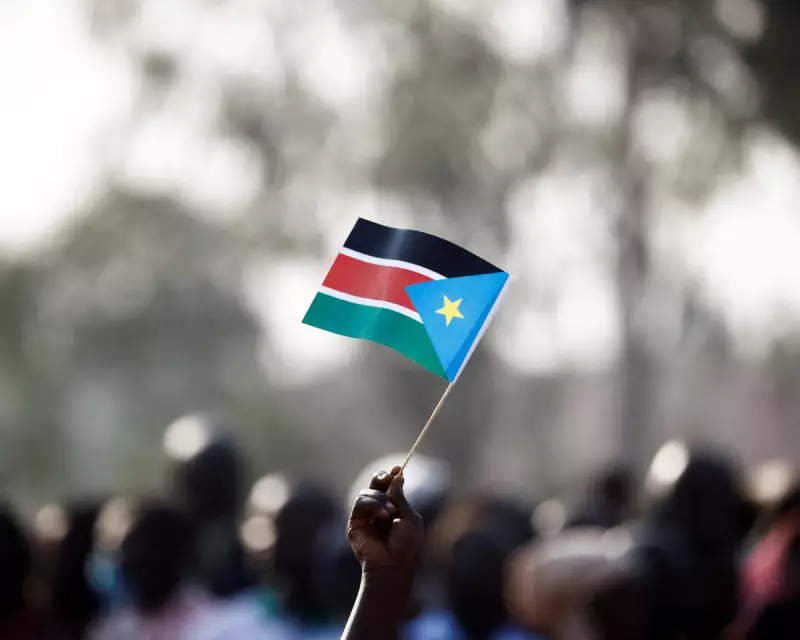
The United States has made a significant immigration policy shift, formally ending deportation protections for South Sudanese nationals who have been living in the country under Temporary Protected Status (TPS).
The Department of Homeland Security announced the decision this week, citing improved conditions in South Sudan that no longer warrant special protection for its citizens in America. The termination will take effect in 60 days, giving current TPS holders a limited window to regularise their status or face potential removal.
What This Means for South Sudanese Communities
Approximately 1,000 South Sudanese nationals currently benefit from TPS protection in the United States. This humanitarian program has allowed them to live and work legally in the country without fear of deportation due to dangerous conditions in their homeland.
The revocation decision means:
- Current TPS holders must seek alternative immigration status or leave the US voluntarily
- Failure to comply could result in deportation proceedings
- Families face separation if some members lack independent immigration status
- Employers may need to terminate workers who lose their work authorization
Background: Why South Sudan Originally Received TPS
South Sudan was first designated for TPS in 2011 following its independence, which was marred by widespread violence and humanitarian crises. The protection has been repeatedly extended over the past decade due to ongoing conflicts and unstable conditions.
However, the Biden administration has determined that "conditions in South Sudan have improved sufficiently" to no longer justify special protection, according to official statements. This assessment has drawn criticism from immigrant advocacy groups who argue the country still faces significant challenges.
Broader Immigration Policy Context
This move comes as the Biden administration faces pressure to address immigration from multiple angles. While extending protections for some nationalities, the administration has taken a more measured approach with others, balancing humanitarian concerns with enforcement priorities.
The decision affects one of the smaller TPS populations, but signals the administration's willingness to review and potentially terminate protections when conditions are deemed to have improved in home countries.
South Sudanese community leaders and immigration advocates are urging the administration to reconsider, highlighting the potential disruption to families and communities that have established roots in the United States over the past decade.





